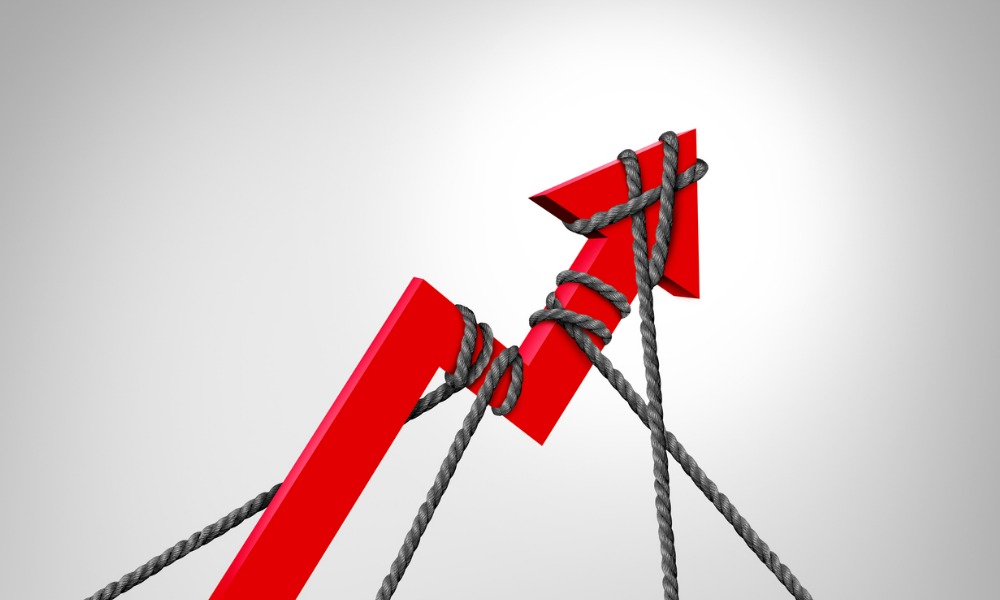While the US Congress is expected to raise the debt ceiling on the date that the Treasury runs out of cash, there is a risk of inaction as it approaches which may have rating implications, says a DBRS Morningstar commentary.

While the US Congress is expected to raise the debt ceiling on the date that the Treasury runs out of cash, there is a risk of inaction as it approaches which may have rating implications, says a DBRS Morningstar commentary.
‘United States: Consequences of Failing to Lift the Debt Ceiling’ says recent data on Treasury cash balances suggests that the time available to reach a deal is growing increasingly short. If Congress is late in raising the debt ceiling, the federal government will not be able to pay all of its obligations.
If this were to be the case, the consequences for the US economy and financial system would be highly negative – and significantly worse and longer-lasting if the Treasury misses any debt payments. Prioritization could delay a debt default, but would still impose a significant economic cost.
If Congress fails to lift the debt ceiling, the US Treasury may prioritize debt payments to avert an outright default, but this path is fraught with risks. In such a situation, outgoing Treasury payments would be constrained by the amount of tax revenue collected, leading to delays on non-interest expenditure.
To put the scale of the fiscal contraction in perspective, this would imply that all non-interest spending, including social security, Medicare/Medicaid, defense, and civil service salaries, would need to be cut by roughly 27%. If the Treasury were to prioritize social security payments too, then all other spending would need to be cut by 35%.
When combined with confidence effects, it expects second quarter growth to be substantially weaker than currently expected. The Federal Reserve Bank of Atlanta’s ‘GDP Nowcast’ has second quarter growth running at 2.6. Average cutbacks to federal spending on the order of 27% for non-interest expenditure, particularly when combined with likely confidence and credit tightening effects, would likely reduce second quarter growth to less than zero, with negative growth in the third quarter as well.



